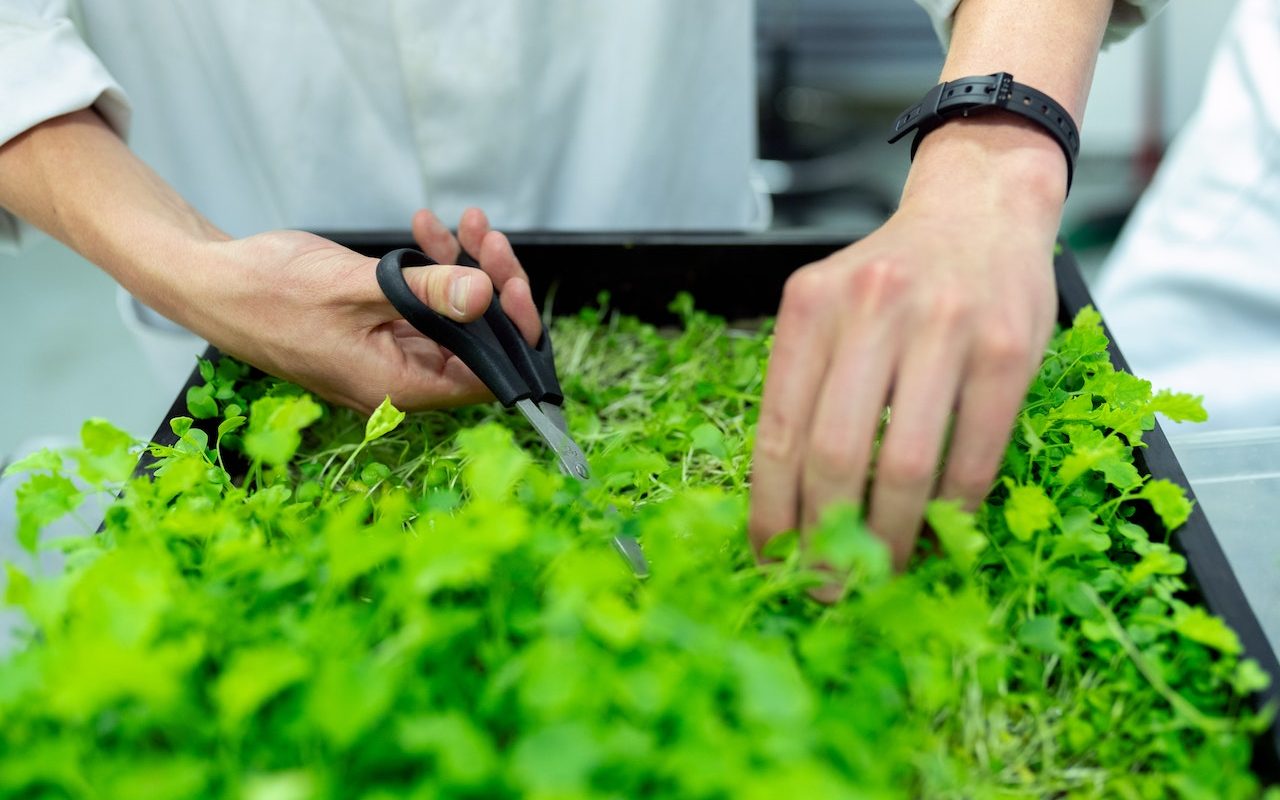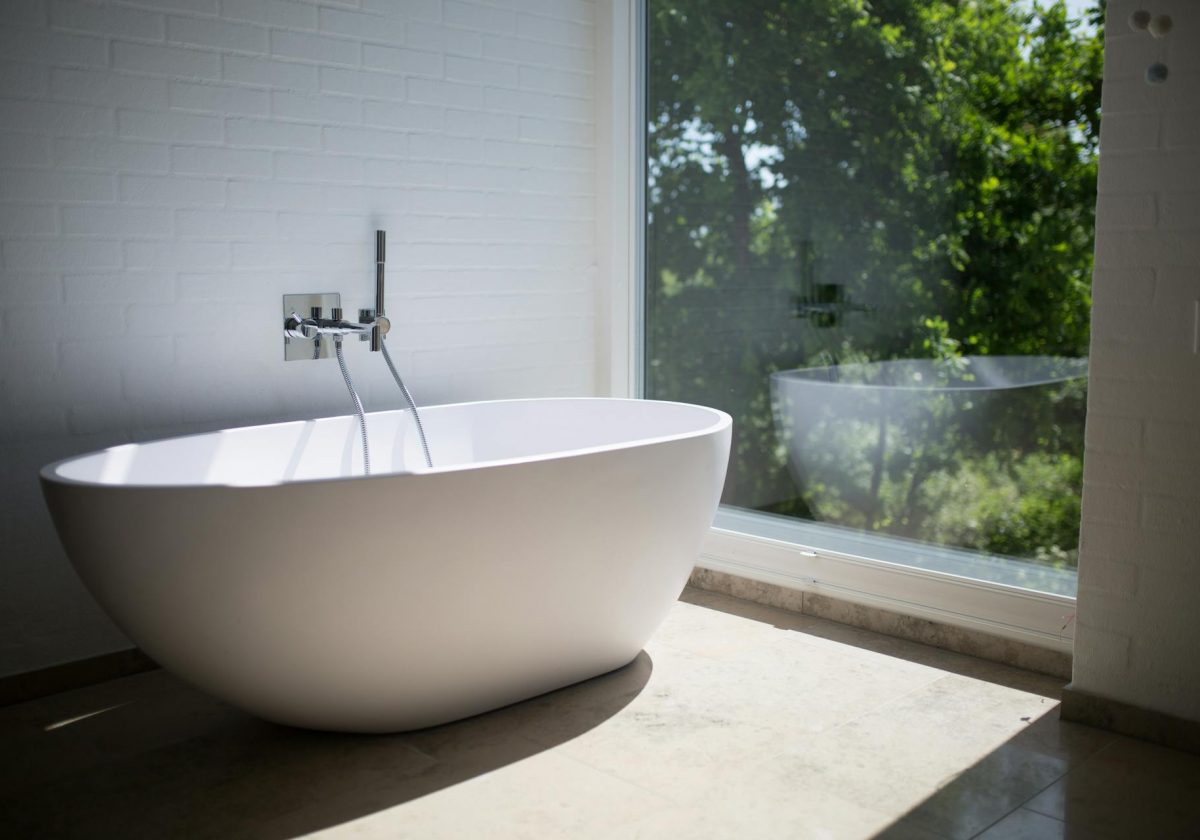We discuss when is the best time to plant Herbs in Australia, and what herbs should you be planting soon.
If there is any one thing you should be planting in Australia, it is herbs. We talk about which to plant, when is the best time to plant them, and what herbs you should be plating soon.
All of these are essential for good health. Herbs are a great source of food, fibre and nutrients that can be used in cooking or as supplements. There are over 2000 species of herbs and they vary in growing conditions from tropical climates to temperate ones.
The best time to plant herbs in Australia
When planting herbs, it’s a good idea to be aware of your local climate. In warmer countries, the best time to plant herbs is between the months of December and March. In cooler places, it’s best to wait until May or June.
It’s also a good idea to go with your local climate and soil type when planning where you want to plant. If you live in an arid country (like Australia or Canada), then you should try to avoid planting indoors as there are no good air-purifying plants (e.g., basil, oregano).
If you live in a humid country like Australia, then there are lots of great outdoor plants which will not die if they aren’t watered too much (e.g., nettles). If you are going for the most dramatic results, try planting them on the side of a building or on a balcony (rather than inside). You can then water them throughout the day so that they don’t die from lack of water.
If you are going for more subtle results, try growing herbs in containers (or pots) as these will allow you to water them every day without need for watering outside. Or simply grow them in pots indoors as long as you water them regularly and keep them dry during the winter months!
What herbs should you be planting soon?
Is it worth planting some herbs in your garden this season? If you’re planting for the first time or have never planted before, you are probably still confused about exactly what plants are best for your area and what you should be doing.
The good news is that there is no one-size-fits-all answer to this question. There are many local factors which will determine which plant is best suited to your climate and soil type, so even if the answer seems obvious, don’t just rely on one source.
There is a lot of information available on the Internet about when herbs should be planted and when they should be transplanted in Australia (and elsewhere, too). But it’s not always clear which sources to trust, or how reliable they are. In other words, there’s more than one way to skin a cat!
We took the liberty of compiling a list of herbs with different best times to plant them in Australia from different sources.
After we gathered all this data, we ran an experiment. We put all the information together into one big spreadsheet with an easy-to-use format (you can use that below). We then looked at their effects on various parts of our garden — plant height, plant health and plant vigour (which includes flower size).
We also looked at how much water and fertiliser they required; nutrient requirements are not very different in all gardens (there is no definitive list out there), but we wanted to see what would affect our results.
The results were quite interesting: most plants thrive with some help — even if it ends up being pretty minimal — but some require much more than others. The chart below shows where each herb ranked among those we considered when deciding which time was best for planting them.
For example, basil grew very well in our Australian climate compared to other herbs — it looks better on its own than any other herb we considered. It had similar growth rates as sage both growing closer together than most other herbs did or as corn silk does; but basil grew faster than corn silk did due to its smaller size.
Conclusion
There is a lot of interest in herbs in Australia. In fact, the Australian Herbal Pharmacopoeia (AHP) has recently published an updated version of its list of accepted herbs.
The AHP is not the only authority on herbs. The Encyclopaedia of Herbs and Spices (EHS) includes herbal medicine pages for over 60 different species. In addition to the AHP, there are many other sources that can be consulted, such as Regulatory Agencies and Government Agencies such as The Australian Ministry of Health, and for medicinal uses.
So what about Australia? What plants should you be eating? Plants have been used for thousands of years for healing purposes, and have been studied by many people over time. If a plant is from a region that has suffered through episodes of natural disasters or other environmental disasters (like when your garden was destroyed by lightning), then there may be some merit to eating it, whether it’s edible or not.
In this article we discuss how to decide if a plant is suitable for your diet based on its botanical name AND if it has been registered with the Australian Register of Medicinal Plants (ARP). We also discuss which plants are suitable for vegetarians and vegans AND talk about where you can find them in Australia.
I will also show you how to find information on heritages, distribution zones and regulations around different plants so that you can make informed choices around food safety and sustainability in your diet!






